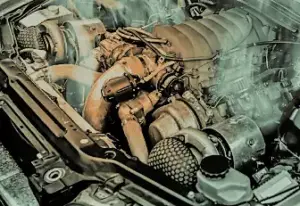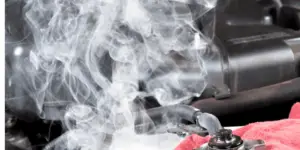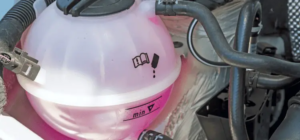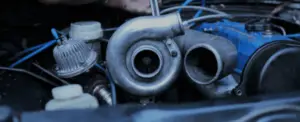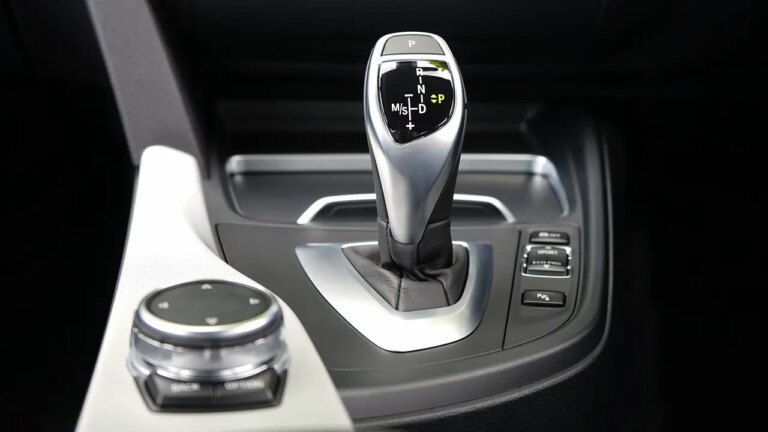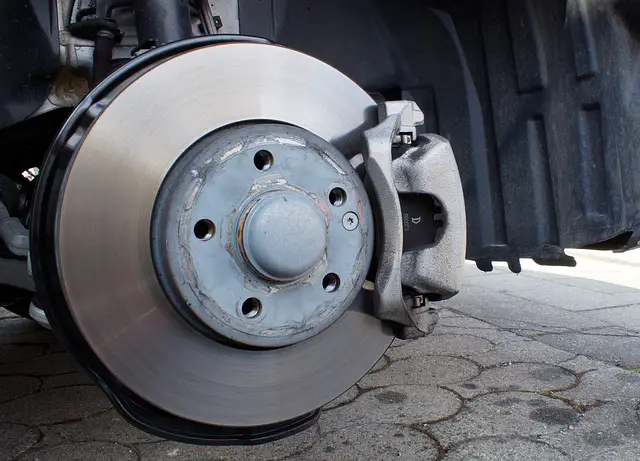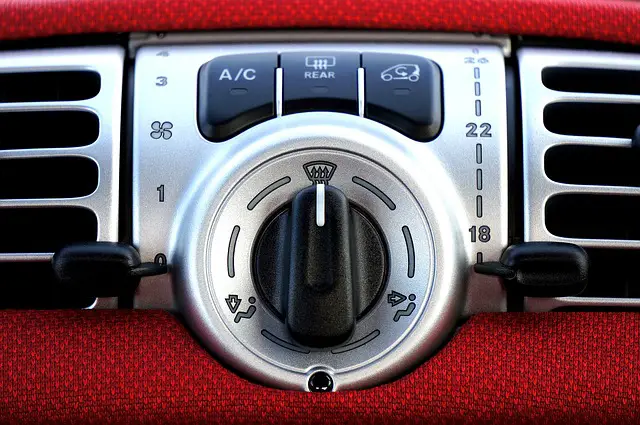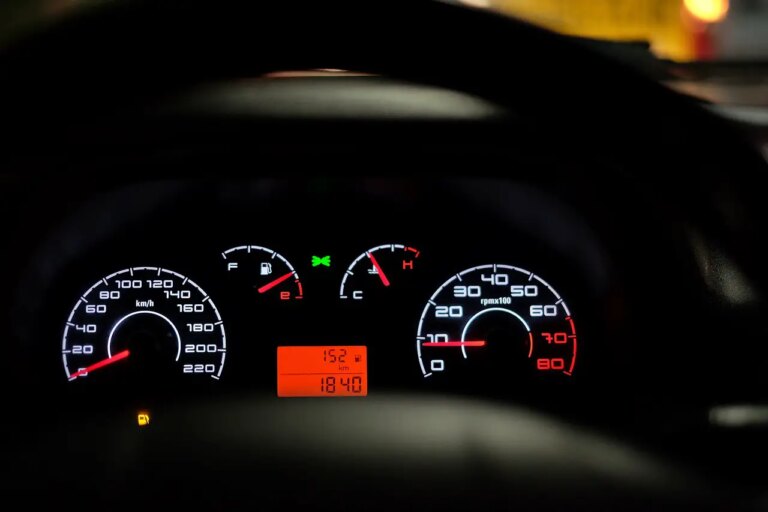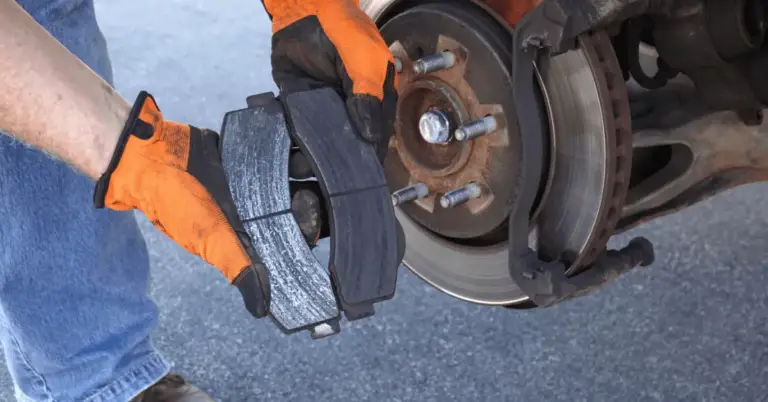It’s common knowledge that low levels of old coolant can cause the engine to overheat but can having a low oil level? In this article, we’ll look into this question in more detail and break down why low oil might cause overheating and low oil pressure.
Briefly though.
Engine oil does more than provide lubrication. It takes heat away from the engine as it circulates through the oil filter and pump. A low oil level means less heat can be absorbed, and this can cause overheating. Less oil also increases friction within the engine, and friction generates heat.
Why Does Low Oil Cause The Engine To Overheat?
Car engines are designed to take heat. Petrol and diesel combust best at higher temperatures, so a hot engine within certain parameters is good. It increases miles per gallon and therefore is environmentally sound.
The oil filter and pump remove heat from the engine as it circulates. This is why engine oil is so necessary. Low oil levels allow less heat to be absorbed, leading to engine overheating. Less oil also causes more friction within the engine, which creates heat and contributes to overheating.

A low oil pressure warning light inside the cabin often signals the oil level is too low. This information is relayed by the oil pressure sensor to the ECU and alerts the driver.
There are limits to how hot an engine oil should run. The maximum temperature is between 230 and 240 Fahrenheit. Anything over this causes the oil to degrade and separate from the additives. This depends somewhat on the oil quality, as high-performance oils can go beyond this.
Most car engines are designed to withstand temperatures of 230 Fahrenheit. Aluminum alloy is now used in most engines. It is lighter and has better heat resistance than older steel or iron blocks.
This shouldn’t be exceeded because aluminum can start showing signs of distress (It takes much higher temperatures than this to melt aluminum).
A low oil level makes the engine inefficient. Other moving parts that rely on the engine to provide power struggle too.
Low oil levels can inadvertently put added strain on the water pump. The car’s serpentine belt powers the water pump.

This belt ‘snakes’ through the engine bay and provides power to other systems. It can circulate at high speed as it is attached to an engine crankshaft which powers the belt.
If the engine performs badly, then the serpentine belt is affected.
This prevents other systems from operating at 100% too. The alternator, the power steering pump, and the air conditioning compressor are also on this circuit and can struggle if low oil is causing the engine to run badly.
As we’ve discussed, coolant and the car radiator are the car’s primary ways to prevent overheating. If the water pump isn’t running well, it won’t pump the heated water from the engine to the radiator to cool down. The hot water will remain in the engine and overheat it.
Can Old Oil Cause An Engine To Overheat?
If you drive your car regularly and have kept a good tune-up schedule, this won’t concern you.
However, we know that sometimes a car can be left parked for long periods, or regular maintenance can be missed by oversight or a lack of available funds. I’ve been there!
The term ‘old oil’ can be difficult to quantify. It’s quite subjective. Car oil is either mineral, part synthetic, or full synthetic. Some oil is made specifically for older engines or high-performance vehicles too. So many factors make up the term old that a definitive answer is impossible.
Here are some factors to consider.
Was the oil filter changed when the oil was last changed?
When they change the oil, most car shops will change to a new oil filter. However, for DIY mechanics, an oil filter can be difficult to remove and not be changed. An old oil filter will stop catching all the contaminants in the oil, causing it to become ‘old’ before it should.
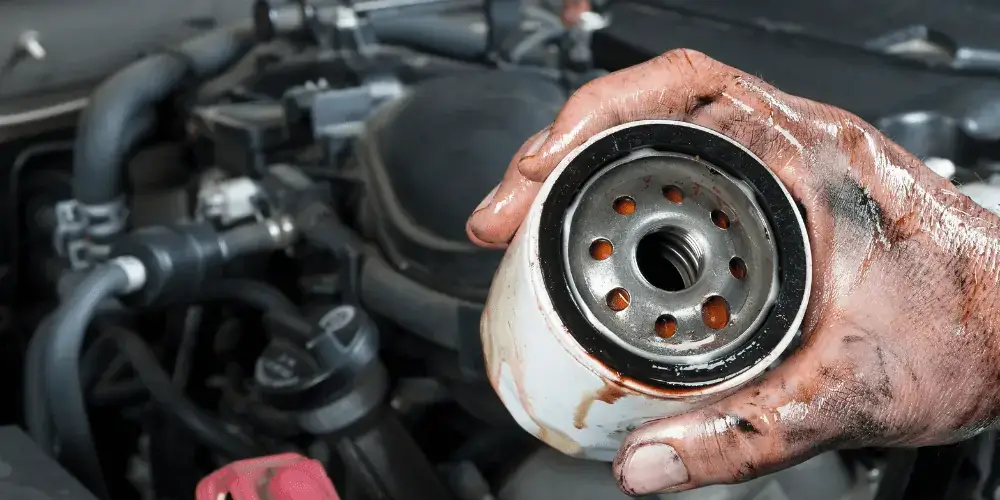
How many miles has the car driven since the last oil change?
The more miles you drive, the more circuits of your engine, pump, and filter the oil makes. Generally, an oil change is due between 3,000 and 6,000 miles. Fully synthetic oil may last longer before it is considered old.
How long has the oil been in the car for?
Oil left sitting in a car’s engine will age even if the car hasn’t been driven. Over time the oil molecules separate from the additives. This usually happens at higher temperatures but not exclusively. What’s more common is the oil starts to oxidize.
Nothing can be done to prevent this from happening as it’s caused by oxygen reacting to the oil. Sludge is formed as a result which sits in the oil pan and prevents efficient distribution to the top of the engine. Oil will start oxidizing after a year of sitting in the engine. Overheating is a result of sludge buildup.
If you know what brand and viscosity of oil is in your engine, it’s best to be guided by them.
The reality is that it’s best to refer to the car’s manual and oil brand instructions to make sure you’re replacing your oil on time.
Are Older Engines More Likely To Overheat?
Generally no. However, older engines will have more wear on them than newer engines. More wear can lead to pistons, valves, cylinders, rings, pistons, and rods not being seated as they should be, which causes frictional heat. A well maintained older car should not overheat more than a newer one.
Does Lack of Previous Maintenance Make An Overheating Engine More Likely?
Fluid changes often get overlooked because some people don’t understand their role in keeping the engine working efficiently.
It’s not a good idea to miss a service, as we’ll look at below:
Engine Oil
Older oil is less good at doing this, and overtime friction between the moving parts within the engine can cause parts to rub together, causing minute metal shavings to be shorn off bearings and rods. The only way to get the engine back to performing to its maximum level is to replace the engine parts. This is very expensive.
Coolant
Coolant is used in the radiator system of a car because it raises the boiling temperature and lowers the freezing temperature of water.
Often, water is used to top up a low coolant level, but this should not be done regularly. Coolant dilution occurs, resulting in rust forming in the radiator, restricting the flow to the water pump, which can fail and eventually result in a new radiator being needed.
A less efficient cooling system will result in the engine overheating.
Related Articles: Common Signs Of Oil Leakage In Alternator And How To Fix It
In Conclusion
- Low levels of engine oil can cause a car to overheat
- Low oil pressure can result, causing the oil pressure sensor to tell the ECU not to start the car.
- Oli takes heat away from the engine. Less oil, less heat removed.
- Low oil levels will cause long term damage to the engine
- Low oil levels cause the engine to work harder and impact other car systems the serpentine belt operates.


